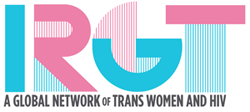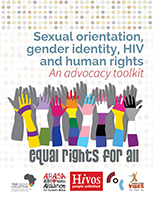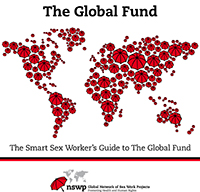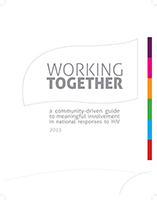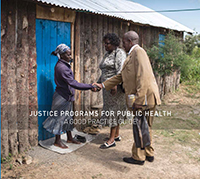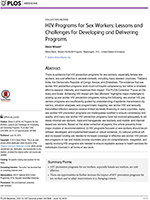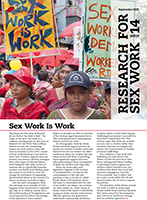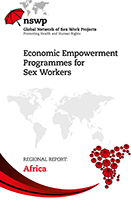
This toolkit specifically aims to address the capacity gaps identified at the ARASA knowledge-sharing and networking consultations. It provides user-friendly guidance, case studies, and tools specifically directed at strengthening and promoting advocacy towards the rights of LGBTI individuals in Southern and East Africa. The toolkit adopts a rights-based approach to SOGI rights advocacy, consistent with ARASA’s approach to all its work, and focuses on promoting universal access to SRHR services including HIV prevention, treatment, care and support for LGBTI persons.
Year of publication:
2015
